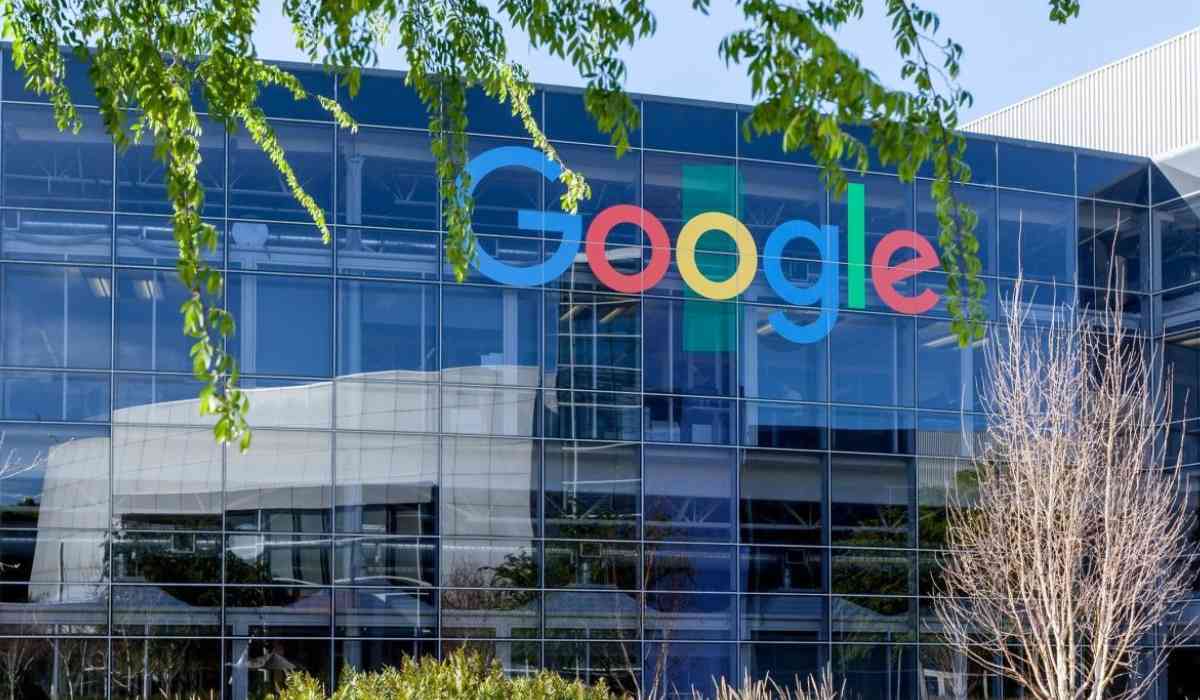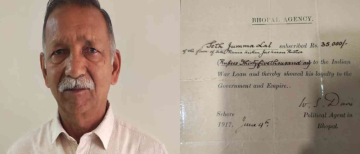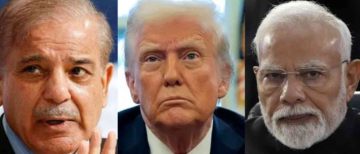Google announced that it has officially joined the Coalition for Content Provenance and Authenticity (C2PA) as a steering committee member, committing towards enhancing trust and accountability in online content, particularly amidst the proliferation of AI-enabled tools that spread misinformation.
The announcement is similar to that of a Meta made on Tuesday, aligning with Google's initiative to facilitate the creation and dissemination of artificially generated content. Meta also pledged to advocate for standardised labels to identify such material.
What is C2PA?
C2PA is a global standards body that focuses on certifying the provenance of digital content to combat misinformation and promote transparency. In the fight against misinformation, especially with the emergence of AI-enabled voice cloning technology, Adobe and C2PA actively collaborate to ensure transparency in audio content.
Dana Rao, General Counsel and Chief Trust Officer at Adobe and Co-founder of C2PA, said in a statement, "In the crucial context of this year's global elections, where the menace of misinformation poses a significant threat, the imperative to enhance trust in the digital ecosystem has never been more urgent,"
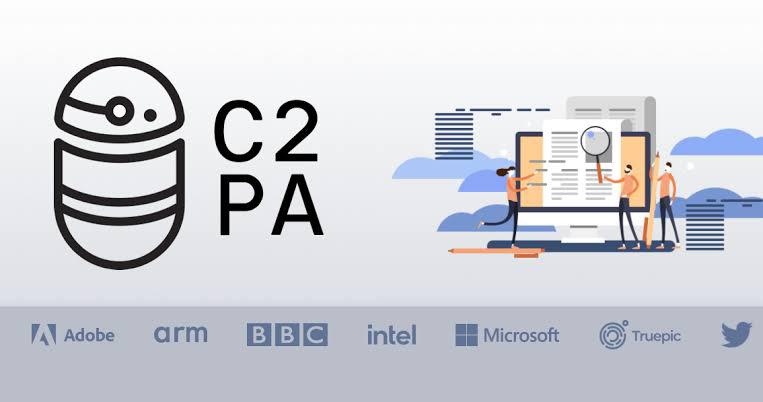
Other than Google, the steering committee includes Adobe, BBC, Intel, Microsoft, Publicis Groupe, Sony, and Truepic, all aim towards developing the technical standard for Content Credentials, a tamper-proof metadata framework attached to digital content.
OpenAI announced this week that it will begin implementing watermarks in its AI image-generators in accordance with the C2PA standard. Starting Monday, OpenAI’s online chatbot (ChatGPT) and standalone image-generator (DALL-E) will both include visual watermarks as well as hidden metadata to indicate their AI origin. However, OpenAI warned that this is not a solution to provenance issues as the tags may be removed inadvertently or intentionally.
Google’s Participation
Google said that it is participating to develop digital content credentials, similar to a "nutrition label," that would reveal the production and modification history of images, movies, audio files, and other files, including ones that have been altered by AI. Anyone can include this free and open-source technology, which is based on the C2PA open technical standard, into their platforms and products.
By including this metadata into its services and products, including YouTube, Google aims to increase public awareness of how crucial it is to validate digital content, particularly in the lead-up to major events like international elections.
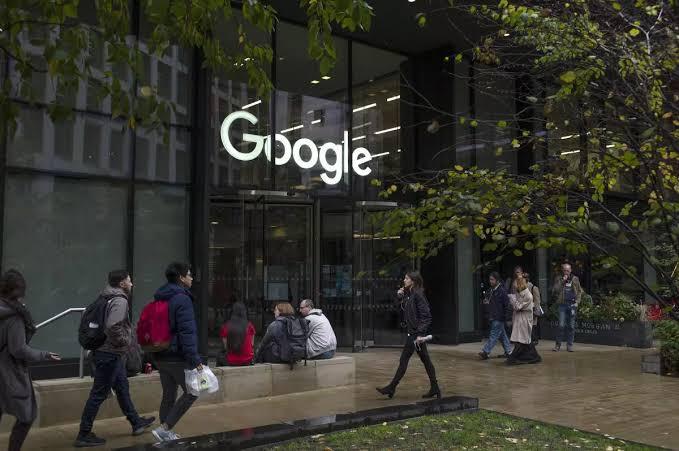
After making significant investments in artificial intelligence over the years, Google declared that it will investigate incorporating digital certification into its offerings. On the other hand, the company did not specify when or how much of this integration will take place.
Dana Rao, General Counsel and Chief Trust Officer at Adobe and Co-founder of C2PA, said, "Google's membership will help accelerate the adoption of Content Credentials everywhere, from content creation to consumption.”
Laurie Richardson, Google's VP of Trust and Safety, highlighted that part of Google's responsible AI approach entails collaborating with other steering members to enhance digital content’s transparency.
She added, Google's participation in the steering committee highlights its commitment to leveraging the latest version of the C2PA standard and building on existing initiatives, including Google DeepMind's SynthID and YouTube's efforts to identify altered or synthetic content.
©️ Copyright 2024. All Rights Reserved Powered by Vygr Media.

